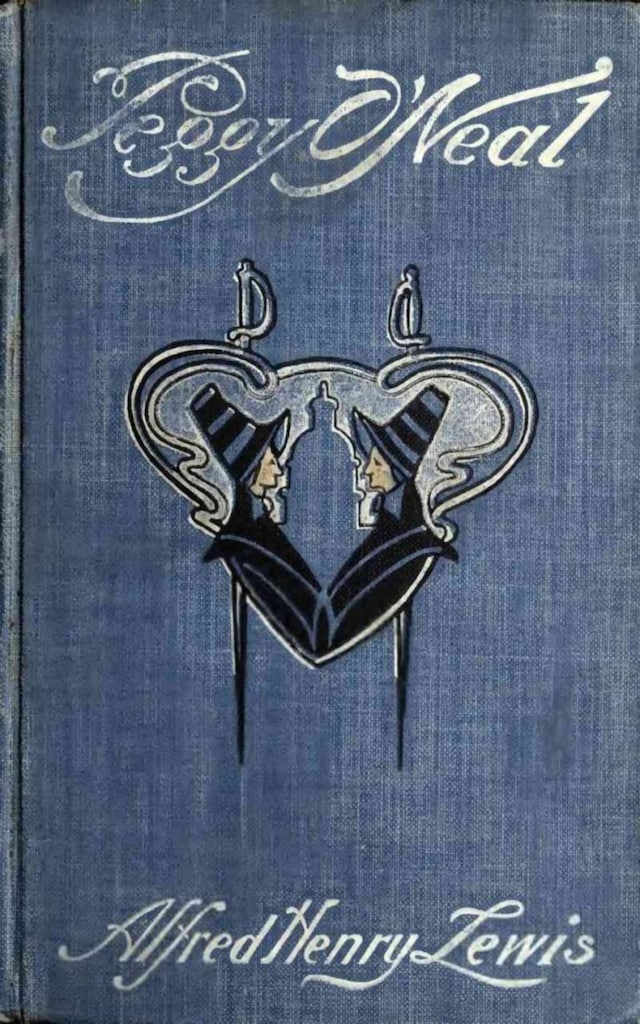
Peggy O'Neal
Om bogen
Doubtless I shall tell this tale but poorly, since I have no skill of writing or rhetoric and must, for the most part, proceed by blunt sentences and short one-syllable words to the end that I be understood. This record is worth while, I think, for it exhibits the growth of favor for the Union within the General's breast; and to be corollary thereunto, his wrath against States Rights as a doctrine, together with a hatred of Calhoun, its champion, and what other folk were found to uphold the Vice-President's hands in those ill courses of nullification and separation and secession he laid down for national misguidance. I myself had been with the General, war and peace, for thirty years on end. He was like an elder brother to me, and I apprehended no man better. And knowing him thus well—having his thought and feeling and emotion of politics at my mental finger-ends—it is in my strong belief that not until he came and made oath as chief magistrate, did he conclude his position touching this claim of right on a state's part to nullify general law and strike her name from the roll of our common sisterhood. I was with him, I say, when the seed of the General's determination to stand for a union, one and indivisible, was planted; and I witnessed its quick upgrowing and broadening until it sheltered and shadowed with wide safety the very integrity of the country. We had arrived at a fork in the road; the ways were about to part. Calhoun would have led us to the left where no man could be sure of national continuance over night. But the General ruled; he was for the right hand. By his iron courage, and the brisk, white clearness of his mental lights, the General was to triumph. As descendant of such victory the States were to be unified and secession beaten down. Nor shall that hour find its morning in all time when the mighty excellences of the General's labors are not to have their evidence, and the tree he planted bear into the hands of men its fruits upon the earth.
 Alfred Henry Lewis
Alfred Henry Lewis 359 Sider
359 Sider